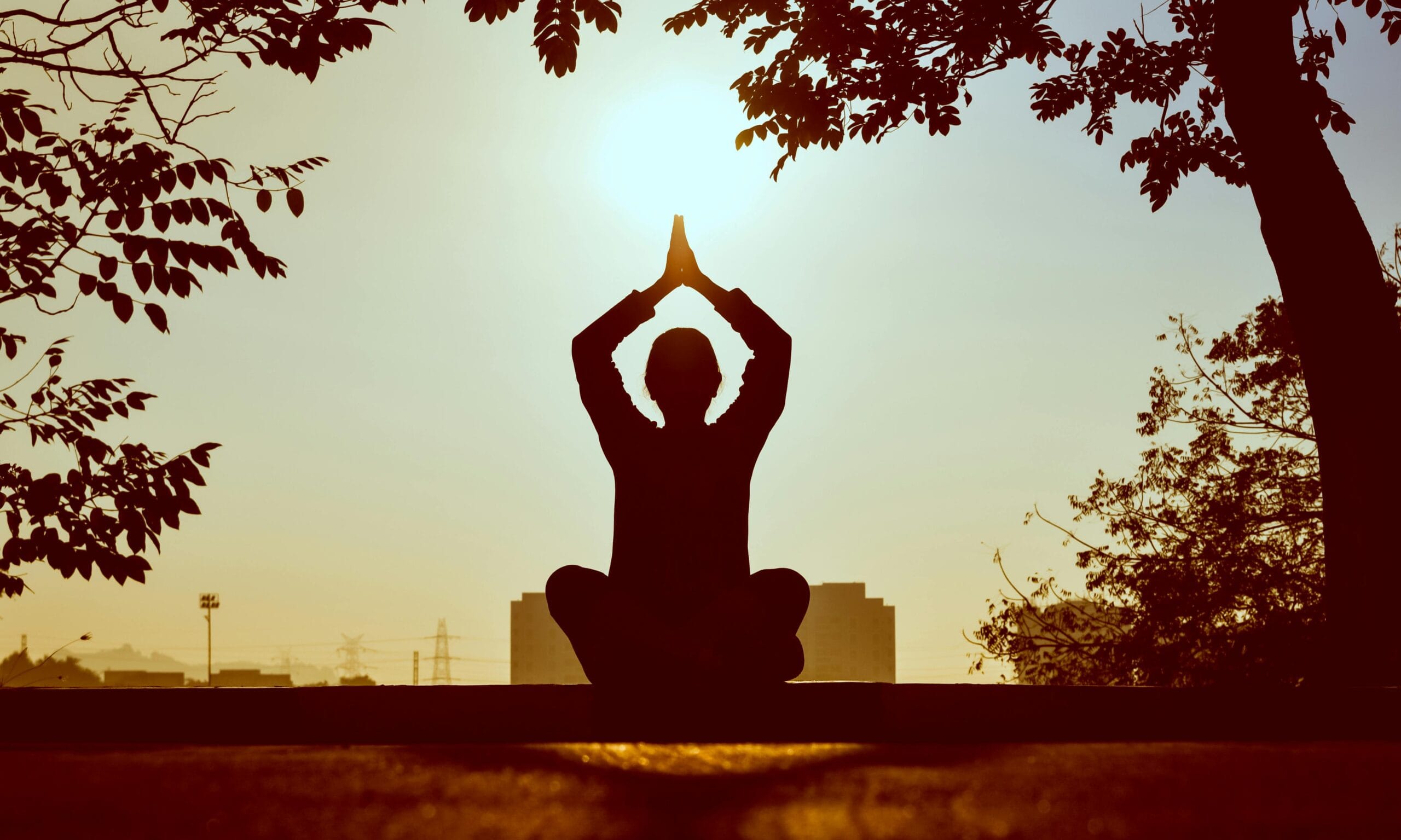Finding Mental Balance: The Role of Mindfulness in Stroke Rehabilitation
A stroke changes everything in an instant. Beyond the physical challenges, the mental and emotional impact of such an event is immense. The journey of recovery often focuses heavily on physical rehabilitation, but mental health deserves equal attention. For many survivors, the aftermath can bring anxiety, depression, and feelings of isolation. And yet, there’s a powerful tool available that can help bring peace and focus back to the mind: mindfulness. Let’s dive into how mindfulness can aid stroke survivors in their mental and emotional recovery, empowering them to reclaim balance one moment at a time.
Why Mental Health Matters in Stroke Rehabilitation
While physical recovery is the immediate focus post-stroke, mental health significantly affects the overall rehabilitation process. Depression and anxiety are common in stroke survivors, with studies indicating that nearly one in three people may experience post-stroke depression. When the mind suffers, motivation, physical progress, and resilience can decline. Addressing mental health becomes not only beneficial for emotional well-being but essential for a holistic recovery. By integrating mindfulness into rehabilitation, stroke survivors can cultivate a sense of inner peace, helping them stay engaged in the recovery process.
Understanding Mindfulness: What It Is and Why It Helps
Mindfulness is about being fully present—acknowledging thoughts, emotions, and sensations without judgment. This practice, grounded in meditation, enables individuals to observe their feelings and reactions objectively. After a stroke, when overwhelming thoughts and fears can cloud the mind, mindfulness offers a reprieve. Research has shown that mindfulness reduces anxiety, lessens feelings of depression, and even enhances cognitive function. For stroke survivors, learning to focus on the “now” can break the cycle of negative thoughts, allowing them to regain confidence and motivation in their rehabilitation journey.
Practical Tips for Practicing Mindfulness in Recovery
Embracing mindfulness doesn’t require elaborate routines or special skills. Here are some accessible ways to incorporate mindfulness into daily life:
Start Small with Breathing Exercises
Even five minutes of focused breathing can make a difference. Begin by simply sitting comfortably, closing your eyes, and paying attention to each breath. Inhale slowly, then exhale with purpose, letting go of any tension or negative thoughts. This simple exercise can help clear the mind and prepare for the day’s rehabilitation activities.
Set Aside “Mindful Moments” During Rehabilitation Exercises
Instead of letting the mind wander during physical therapy, encourage mindful focus on each movement. Feel each muscle and joint as it stretches and strengthens. Staying present in these small moments builds resilience and enhances the quality of the recovery exercises themselves.
Practice Gratitude to Shift Focus
It’s easy to fixate on limitations after a stroke, but practicing gratitude can shift the focus to positives, no matter how small. Each day, reflect on something you’re grateful for—be it progress, support from loved ones, or simply the ability to engage in recovery.
Building Mental Resilience with Mindfulness
Mindfulness is a skill that requires practice, just like any other part of rehabilitation. Over time, it strengthens mental resilience, helping to manage setbacks with more acceptance and less frustration. Studies reveal that regular mindfulness practices increase grey matter in the brain, improving emotional regulation, memory, and focus—all crucial factors in navigating post-stroke challenges. When discouraging thoughts arise, mindfulness helps create a mental buffer, allowing stroke survivors to respond with calmness instead of reaction.
Meditation: A Powerful Tool in Stroke Recovery
Meditation is one of the most effective ways to build mindfulness. Regular meditation reduces stress, boosts mood, and enhances cognitive flexibility. Apps, online videos, or local classes can be helpful in starting a meditation routine. For stroke survivors, short guided meditations focusing on gratitude, positivity, or relaxation can reinforce mental strength, providing the inner support needed to continue pushing through each stage of recovery.
Moving Forward with Mindfulness
Stroke recovery is a long journey, one that challenges both body and mind. Incorporating mindfulness practices can help stroke survivors find moments of calm amidst uncertainty, build resilience against mental health struggles, and foster a sense of self-compassion. Rehabilitation isn’t just about regaining physical abilities; it’s about reclaiming the sense of self and balance that a stroke can disrupt.
So, take it one day at a time. With mindfulness, each day brings new opportunities for growth, self-discovery, and progress toward a brighter, balanced future.






